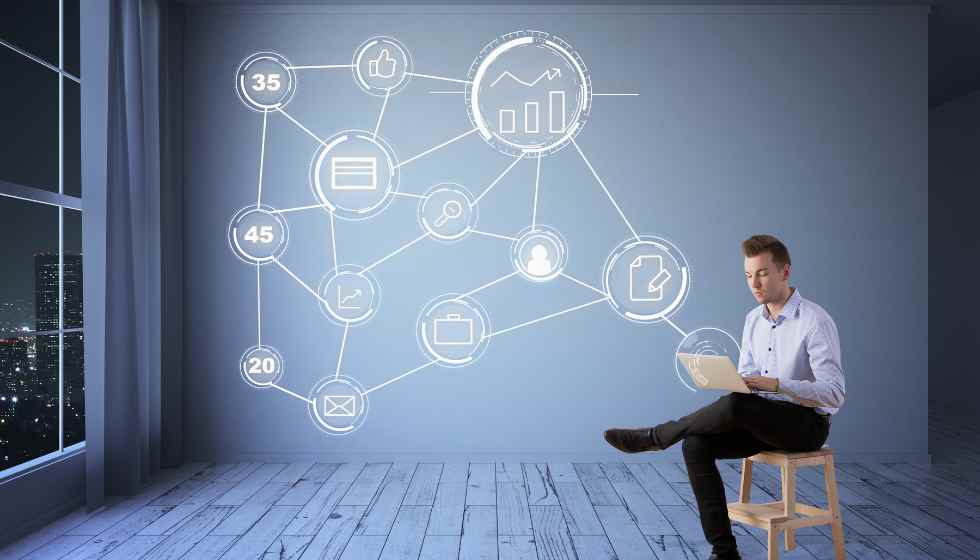Technology increasingly determines the way we work, live and communicate. Some are short-lived, and others, like the Internet, bring lasting change.
Technological developments have always accompanied human evolution. Some technology trends pass as quickly as they arrive. Others change the world and the way we live in it together.
Nine tech trends that could change our future
Best-selling author Bernard Marr recently featured nine such megatrends. They are briefly described below.
1. Our daily life produces more and more data
Chatting with friends, paying for a coffee with the mobile app, finding the shortest route, or listening to streaming music: we leave a large digital trace with what we do every day and produce more and more data to draw conclusions about what we are doing.
2. The Internet of Things is making everyday objects smarter
Not only smartphones and watches are connected to the Internet, but also many other “smart devices,” such as fitness bracelets, language assistants, connected cars, and many more. The Internet of Things (IoT) is gradually taking more and more possession of everyday life. This results in even more data about us.
3. Exponential increase in computer performance
New technologies, such as quantum computing, enable ever-increasing computing power, creating new possibilities to make a huge amount of data usable.
4. Artificial intelligence is on the rise
What was considered science fiction just a few years ago is becoming a reality. The more AI systems work, the more their possibilities improve. With modern hardware’s power, new data processing possibilities are opening up.
5. Automation as the next industrial revolution
More and more processes, decisions, functions, or systems can be transferred to algorithms and robots. Machines perform many tasks faster, safer, cheaper, and more accurately than humans. The world of work in companies across all industries is changing massively. The economic effects have yet to be predictable.
6. 3D printing opens up new possibilities
3D printing opens up completely new possibilities, especially in the industrial sector. Factories become superfluous in many places, and customization without the inconveniences of non-existent mass production becomes possible.
7. New forms of interaction with technology
While texts or static programming (e.g., for remote controls) have long been the predominant interaction between users and technical devices, smartphones, and tablets have already changed that. Then, language and – thanks to virtual realities – gestures and facial expressions will take over the connection between the real world and the digital world, changing the communication between companies and consumers.
8. Blockchain Enables Decentralized Security
The use of blockchain technologies will lead to entirely new value chains. Decentralized data storage and smart ledger technologies will bring more security to providers and users alike. No industry will be exempt.
9. Platforms as a new commercial reality
Platforms, defined as physical or digital networks, are becoming an integral part of many value chains. Their business model is to act as a service provider, bringing together suppliers and buyers of a service or product. Companies from a wide variety of industries are considering adapting the platform models.
Technology: Curse or Blessing
There is no doubt that new technologies do not only bring benefits. The example of artificial intelligence shows this clearly. Not only does it make life more pleasant, but – thanks to medical applications – it also makes it longer. In many sectors of the economy, it leads to job losses. And not everyone will appreciate that their life becomes more and more transparent thanks to data analysis.
Financial service providers will also have to deal with all the opportunities and all the risks. FinTech is only a very small part of the iceberg. The interaction with customers will change, along with internal processes and, ultimately, entire business models.
Rapid adaptation will be crucial for successful adaptation. Refusal to embrace technological progress may have slowed it down, but it has yet to stop.
